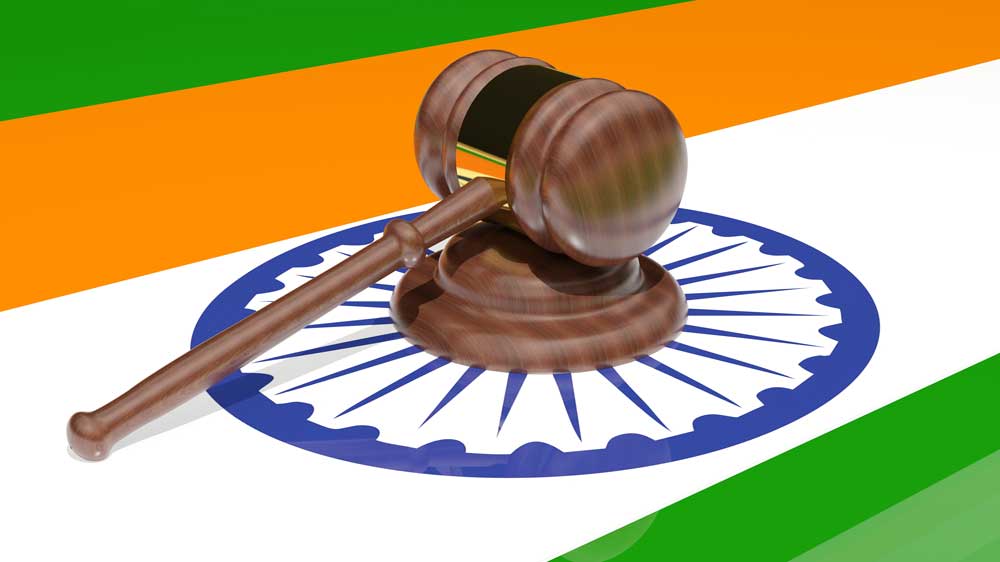CRITICAL ANALYSIS OF THE PARLIAMENTARY PRIVILEGE AND THE REQUIREMENT OF CODIFICATION
Abdul Rahman T, Student at School of Law, Christ (Deemed to be University)
Best Citation – Abdul Rahman T, Critical Analysis of the Parliamentary Privilege and the requirement of Codification, 2 ILECR 24, 2022.
Abstract
The concept of Parliamentary privilege is borrowed from the British Parliament. Elected Members of Parliament are endowed with special privileges that are given to them through the Constitution. Article 105 and Article 194 of the Constitution throws light upon the various powers, privileges and immunities of Parliament and its members. These two Articles deal with the immunities available to the Members of Parliament. The Government of India Act, of 1919 allowed members to have freedom of speech. The government of India Act, 1935 contained the provisions relating to the privileges of members of Indian legislatures. Various privileges are granted to the Member under the scheme of Parliamentary privileges. There are instances where Courts and Parliament have been at war concerning the Parliamentary Privileges and to what extent it is free from the interference of the Judiciary, such as Searchlight Case, in Re Under Art 143, G.K Reddy v. Nafisul Hasan, etc. Makers of the Constitution felt that they were in short of time to frame a proper code on the privilege of the members of Parliament they adopted the British system and those powers which were enjoyed by the House of Commons will be enjoyed by the Parliament left it to be decided by future Legislatures. Due to this, the debate surrounding the need for the Codification of the Parliamentary privileges arose. Arguments have been advanced for and against codification and this paper will discuss both perspectives. The paper will first explore the Parliamentary privileges, then it will deal with the Interplay between the Judiciary and Court and in last part it will be dealing with the debate of codification of Parliamentary privileges.
